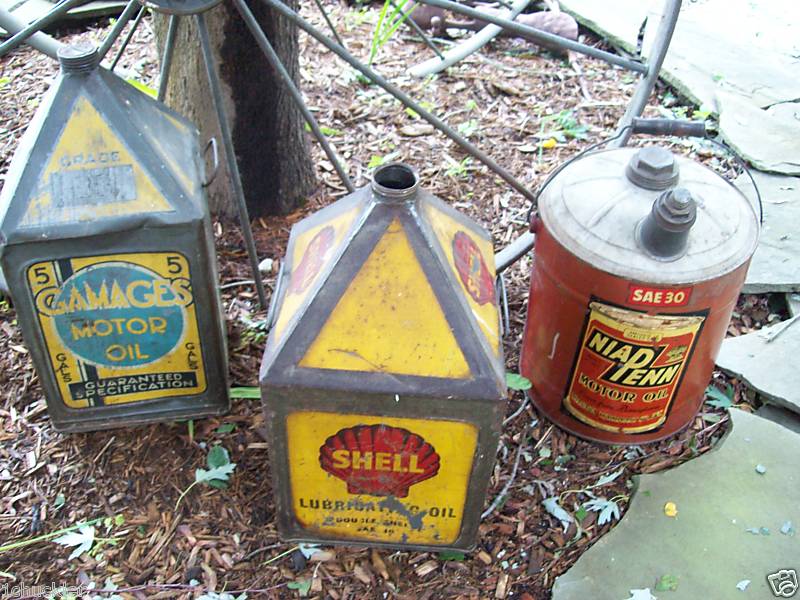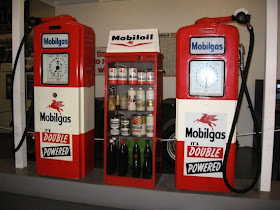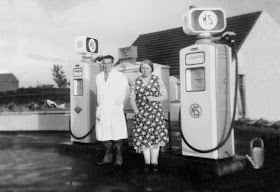HISTORY OF THE PETROL[GASOLENE] PUMPS .
 THE DICOVERER OF PETROL PUMPS, SYLVANUS
BOWSER
THE DICOVERER OF PETROL PUMPS, SYLVANUS
BOWSERPrior to the invention of the automobile, gasoline was primarily seen as a useless by product of the kerosene refining process. Gasoline had been used on a limited basis for burning in some stoves and lamps kerosene, also known as coal oil, was the primary ingredient needed to fuel the lighting fixtures of the day.

Around
1883, a young man by the name of Sylvanius F. Bowser came up with an idea to
draw water from a well using a wooden plunger. In 1885, he applied this idea to
a kerosene pump attached to a wooden barrel and founded S.F. Bowser Pump
Company. The unit was self contained and included the storage barrel, the
plunger, a hand lever, and an upright faucet lever. This pumping unit was a huge
success and soon became known as a "Filling Station". By 1890, he had adapted
this unit to pump gasoline in addition to kerosene for the lighting industry and
the first true gas pump was born. S.F. Bowser continued to refine, improve, and
sell his new indoor "Filling Stations" to general stores and the first
automobile repair garages beginning in 1893.
Between the years 1893 and 1905, early motorists often filled automobile fuel tanks using the "drum and measure" method. Gasoline, stored in bulk steel drums, would be gravity fed into five-gallon measuring cans then poured directly through funnels into the automobile fuel tank. The funnel was lined with a heavy rag or chamois in order to strain sediment that might damage the engine or hurt performance. This process was time consuming, inaccurate, and quite dangerous
 .
.
It would not be until
1905 that Bowser would develop the first outdoor "Filling Station" pump that
could dispense kerosene or gasoline. The Bowser Self-Measuring Gasoline Storage
pump consisted of a square metal tank enclosed in a secure wooden cabinet. The
cabinet was equipped with forced suction pump operated by hand stroke lever
action

TRUCK STANDING IN FRONT OF OLD HAND CRANK PETROL PUMP.THE HANDLE TO
PUMP(CRANK) THE PETROL INTO THE VEHICLE CAN BE SEEN AT THE BACK OF THE
PUMPS

A a Few Old Petrol Bowsers or Gas Pumps





BJ-yJBDfs!~~_12.jpg)






































Alot of history in these old fuel delivery systems
ReplyDeleteI agree, just imagine if we could get some perspective of what some of these pumps saw over the years of service. The cars they would have seen, the events etc.
DeleteCheers